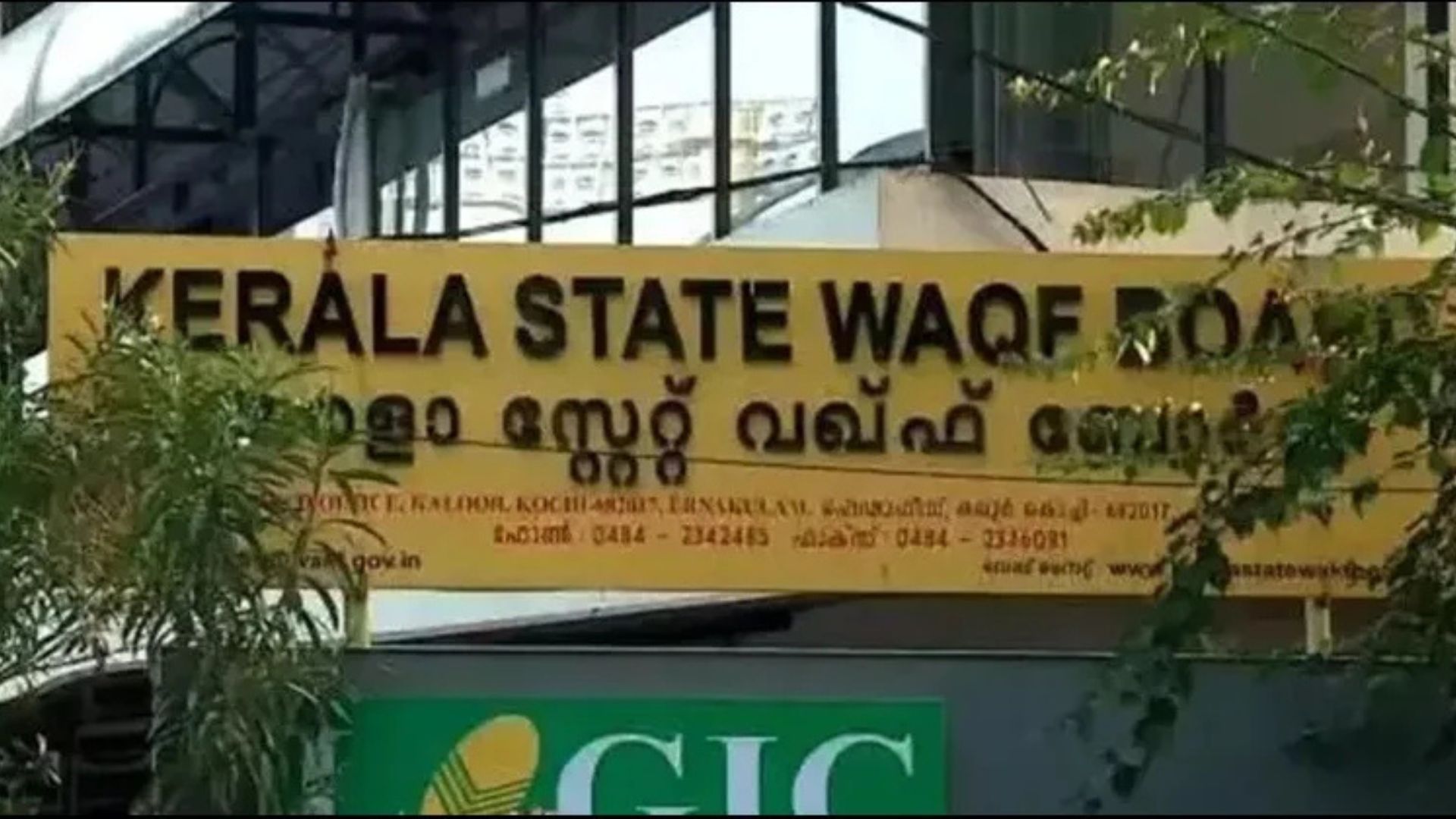
Cardinal Baselios Cleemis, representing the KCBC, emphasized the necessity for legislative revisions to protect the legal rights of long-standing occupants. He highlighted that the Farook College management, which previously sold the land to residents, had affirmed that the property was gifted to them, underscoring the need to prevent the Waqf Board from asserting claims over such lands.
The Bharatiya Janata Party in Kerala has welcomed the KCBC's stance. State President Rajeev Chandrasekhar urged all Kerala MPs to back the amendment, asserting that the bill seeks to safeguard constitutional property rights and is not directed against any community. He pointed to the plight of Munambam's fishing community, who have been protesting against alleged land encroachments, as a testament to the bill's urgency.
Union Minister Kiren Rijiju also expressed support for the KCBC's position, acknowledging their request for parliamentary backing of the amendment.
Conversely, the proposed amendments have encountered resistance from various quarters. Muslim organizations, including the All India Muslim Personal Law Board , have voiced strong opposition, characterizing the bill as a "sinister conspiracy" to undermine Muslim religious and charitable institutions. This dissent has manifested in nationwide protests, with demonstrators donning black armbands during Friday prayers as a symbol of their discontent.
In Kerala's political landscape, both the ruling Communist Party of India and the opposition Congress party have expressed solidarity with the residents affected by the Waqf Board's land claims. They have assured that individuals possessing valid documentation will not face eviction. However, these parties have simultaneously opposed the central government's proposed amendments to the Waqf Act, reflecting a complex interplay of local and national political dynamics.
